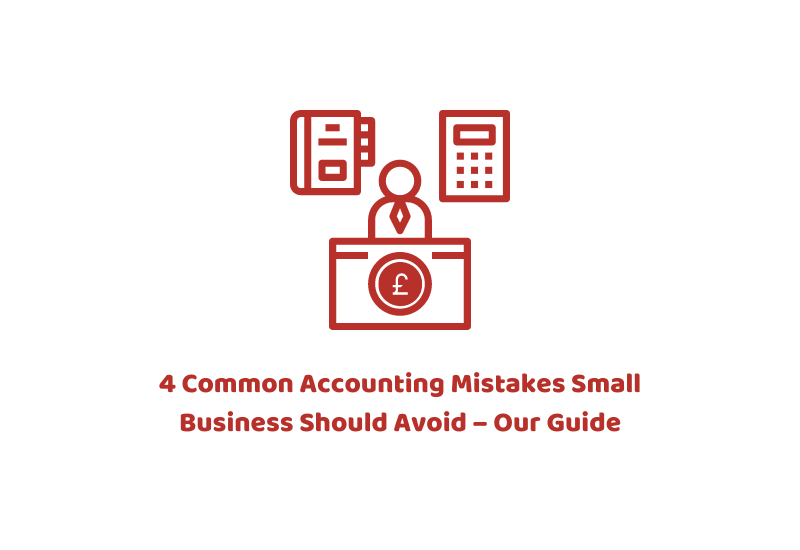Accounting is paramount in any business process, no matter how big or small. The idea of clearly recording all financial transactions of a company can make a difference in the overall business success. After all, money is its lifeline. Unfortunately, some small business owners tend to commit common accounting mistakes.
While this is inevitable as small-scale companies have yet to learn and grow, make sure these mistakes are avoided as much as possible.
Why? Accounting helps maintain the financial health of your company and can be instrumental to your overall business success. Any single mistake can compromise your financial status. In this article, we will share with you four common accounting mistakes that small businesses should avoid at all costs.
1. Self-handling accounting and bookkeeping tasks
One mistake that small business owners can commit is to handle accounting and bookkeeping all by themselves. You are under the impression that as the business owner, you should only be the one in control of your money. If you’re a professional accountant, then there’s nothing to worry about. If you are not, however, that is where all financial problems possibly arise. It’s best to leave your finances to expert accountants while you focus on growing your business.
2. No reconciliation of books and bank statements
As a small business, will you or your hired accountant perform bank reconciliation? A bank reconciliation is a process of matching the balances in your accounting records to the corresponding information on bank statements. Doing this is essential to avoid any financial discrepancies and fraud transactions. In fact, it is a vital facet of accurate bookkeeping. If you do not reconcile your books and bank statements properly, keep in mind that you are putting your company’s finances at risk.
3. Not recording small out-of-pocket expenses
It’s very important to record every financial transaction your business makes, even small out-of-pocket expenses. If it is those minor expenses, it’s a common practice for small business owners to cover those costs. Think about minor bills and insignificant expenses that can quickly be paid for independently.
Know that failure to record even small transactions can lead to inaccurate financial records when it’s time for reports. As a result, your books or accounting records won’t reflect the actual status of your company’s financial health.
4. No clear budget for new projects
As with any business projects and undertakings, planning and setting a budget is a must. Failure to do so can put your company’s finances at risk. Chances are that you won’t be able to sustain the projects in the long run because you have to cut back on your funds. You will also be investing in things that won’t give you any profit in the future. For this reason, it’s best to sit down to see if you have enough budget for a project and if it’s worth investing in financially.
Conclusion
It’s inevitable for small-scale companies to make small bookkeeping or accounting mistakes. As long as they are noticed and corrected, then you are good to go. However, grave and frequent mistakes are not excusable, particularly if they cause serious financial repercussions to the company.
Be wary of the four accounting mistakes discussed above. If you often commit some mistakes, it’s about time to change your practices or hire trusted professionals so that your company’s finances will be better managed.
Looking for UK’s best accountants? We are here for you. Our team of professional accountants in UK and tax consultants in UK serve small and medium-sized businesses. Get in touch with us today to see how we can help!





















































